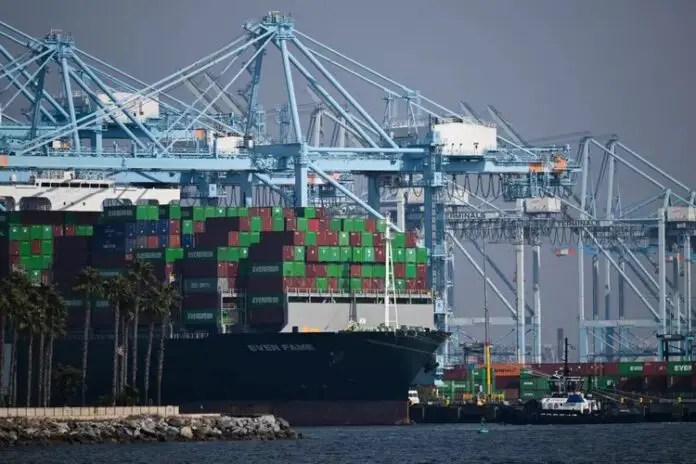A new report by Bank of America suggests that tariffs imposed by the Trump administration on imported goods will have a net positive effect on Mexico’s economy, rather than bringing manufacturing jobs back to the United States.
While some companies may choose to reshore production in certain industries such as electronics and biotechnology, automation is likely to replace many of these new jobs. According to the report, most reshoring efforts are expected to be “mild” and focused on specific sectors, with only 20% of respondents expecting significant job creation.
Nearshoring, or friendshoring, appears to be a more likely outcome, where production is moved to countries closer to the United States, such as Mexico, Vietnam, and India. The report notes that Mexico’s geographical proximity to the U.S. and its participation in the US-Mexico-Canada Agreement (USMCA) make it an attractive location for companies looking to relocate their manufacturing operations.
Mexico is expected to benefit from tariffs by shifting production away from countries with higher geopolitical risk, such as China, and towards countries with better relations with the United States. The report notes that Mexico should be a net beneficiary in industries such as transportation, food and beverages, restaurants, and homebuilders.
While some may argue that tariffs will bring manufacturing jobs back to the U.S., the report suggests that this is unlikely. In fact, most new manufacturing jobs in the U.S. are focused on electrical equipment, appliances, electric vehicle batteries, and computers, as well as transportation equipment like cars and airplanes. However, advances in automation may undercut some job creation.
The report’s findings come as Mexico has been subject to its own set of tariffs by the Trump administration, although some have been delayed. The tariffs are expected to have a significant impact on Mexico’s economy, making it an attractive location for companies looking to relocate their manufacturing operations.”
Source: Investopedia




